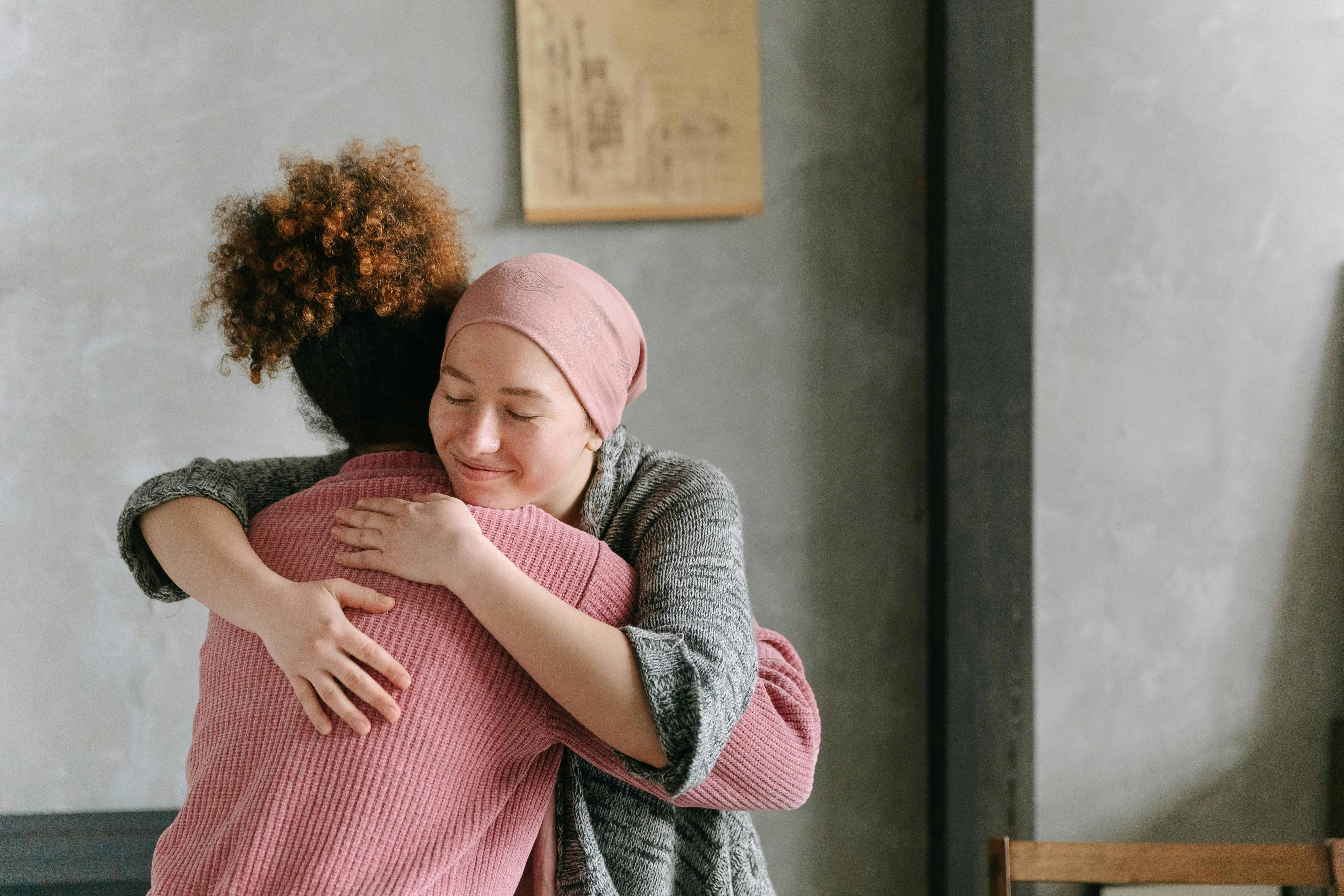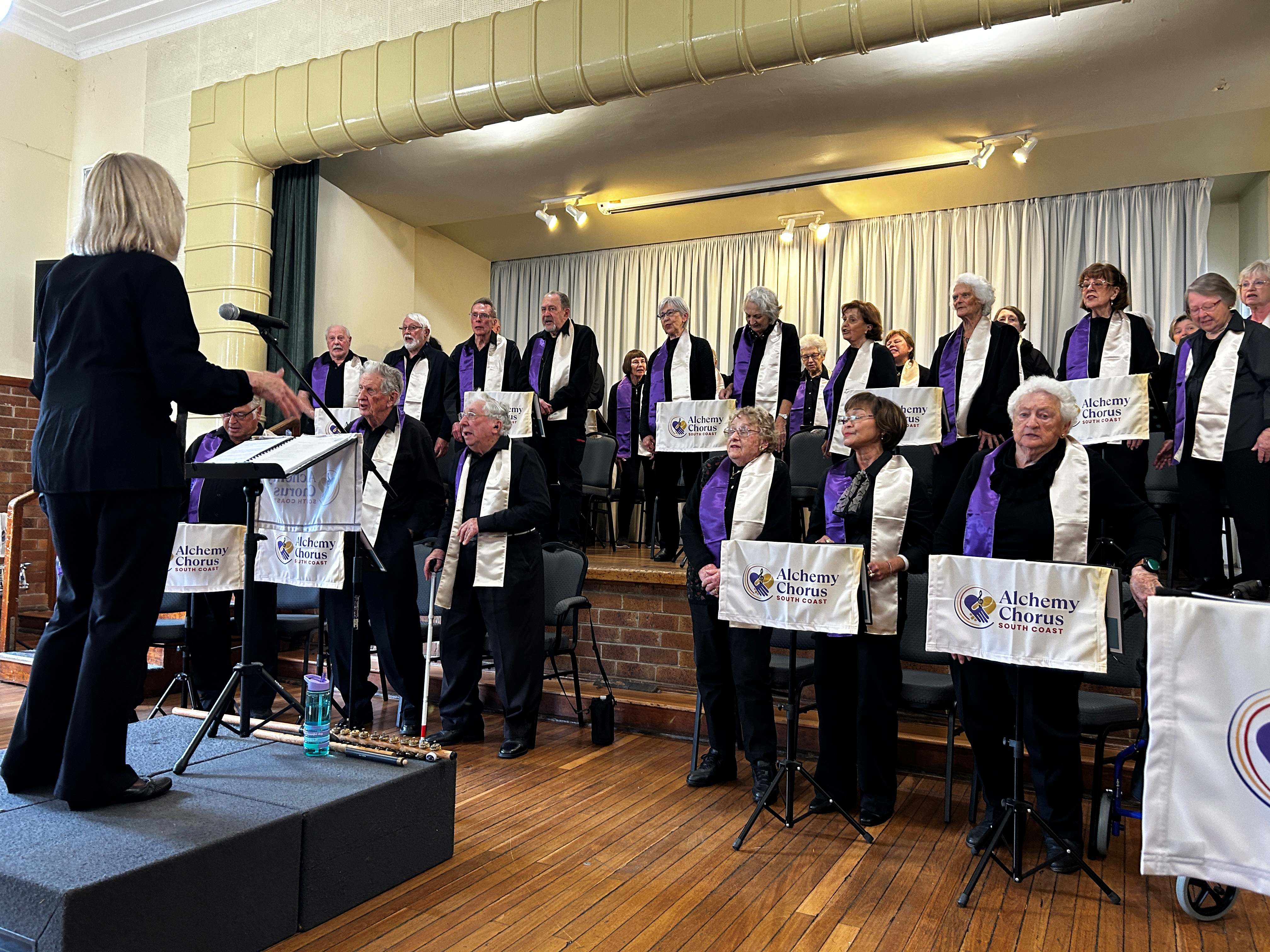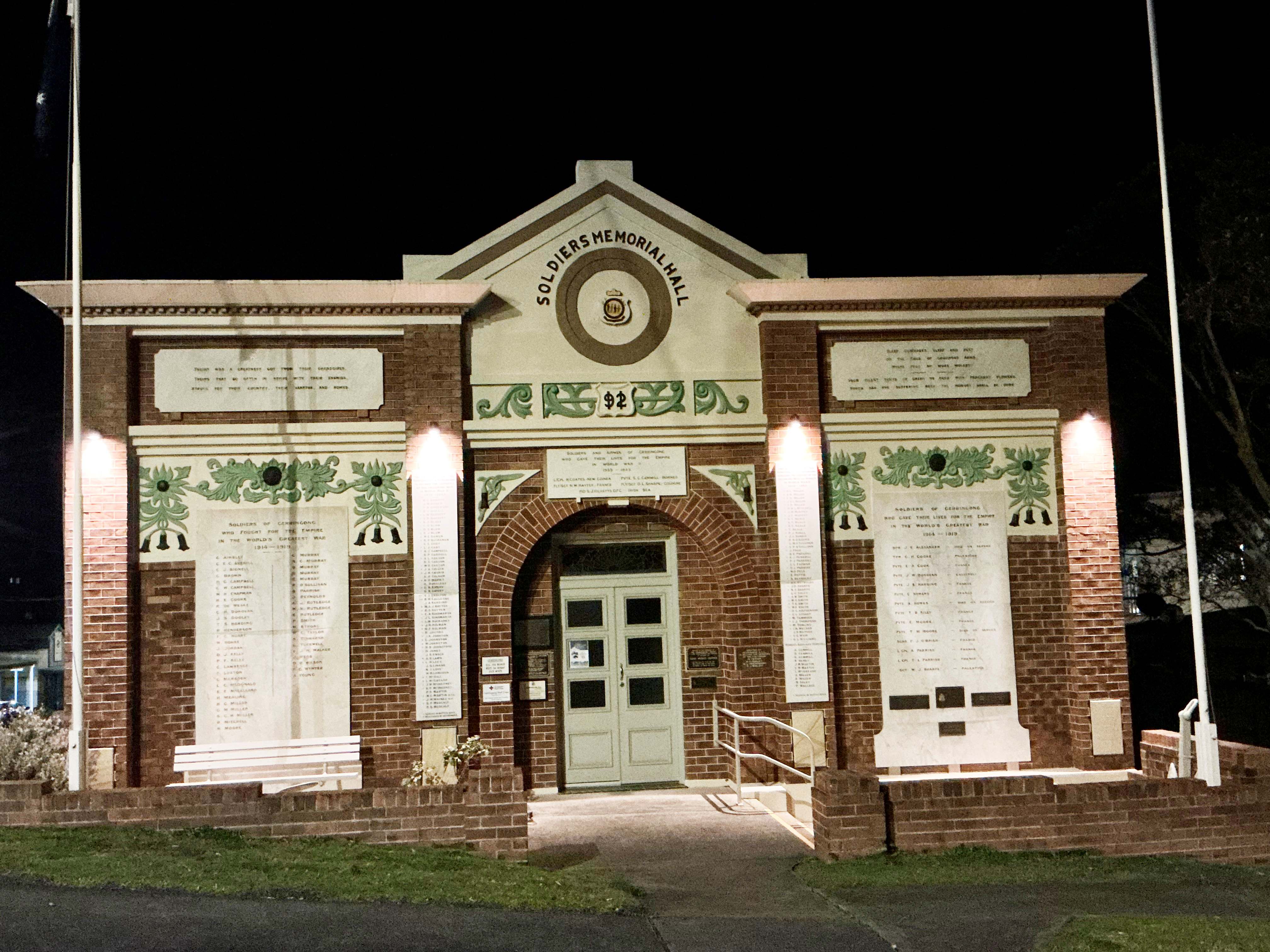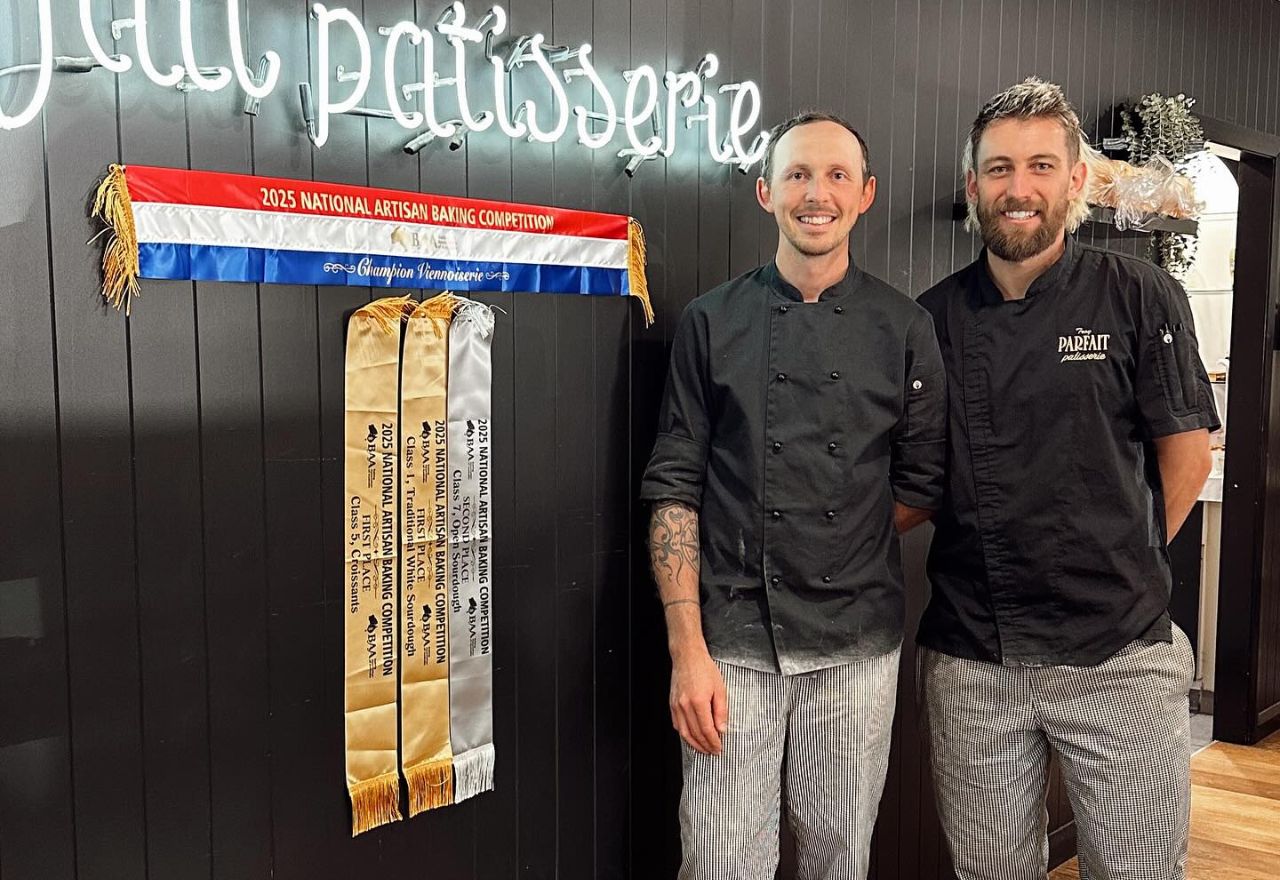Local women called to share stories that could save lives
Shelby Gilbert
17 August 2025, 8:00 PM
 Women hugging each other. Photo: Pexels
Women hugging each other. Photo: PexelsWomen from the Illawarra and South Coast who have battled gynaecological cancer are being invited to join a powerful national program that could help save lives in the future.
The Australia New Zealand Gynaecological Oncology Group (ANZGOG) is expanding its Survivors Teaching Students program to include volunteers from regional areas, including the Kiama LGA.
The program aims to bring women who have experienced gynaecological cancer directly into university classrooms to share their personal stories with medical and nursing students.
The goal is to help shape compassionate healthcare professionals and train the next generation of nurses and doctors who could serve our local community.
CEO of ANZGOG, Alison Evans states that by expanding this initiative, local people who volunteer could help change outcomes for women with gynaecological cancers.
“Your story could be the one that helps a future doctor or nurse recognise the signs of gynaecological cancer and save a life,” said Evans.
Volunteers report that participating in the program is both rewarding and empowering, with no public speaking experience needed, all they need is a willingness to share their stories.
The need for improved awareness is urgent, as every day in Australia, 19 women receive a diagnosis of gynaecological cancer, including ovarian, uterine/endometrial, cervical, vulvar or vaginal cancer, and tragically six women lose their lives.
For women living in the Kiama area, accessing specialist gynaecological care can sometimes mean travelling to Wollongong or Sydney, with some facing delays to healthcare that can be crucial.
General manager of Illawarra Women's Health Centre, Jess Davidson, welcomes the programs focus on women’s lived experience. The Illawarra Women’s Health Centre offers free and low-cost healthcare for women across the region.
“We welcome programs like the Survivors Teaching Students program, that rightfully centre lived experience and expertise, and support health professionals to be culturally safe and trauma informed,” said Davidson.
“It's essential that women's voices are recognised, centred and given opportunity to shape practice and policy.”
Davidson emphasises the importance of accessible women’s healthcare in regional areas where services are already limited.
Women’s Health Centres include access to nurse practitioners, case workers, counselling, domestic and family violence support, community education, group programs and wraparound support to provide women with significantly improved health outcomes.
“When healthcare is affordable and accessible, women can access early intervention and preventative services,” she said.
“Early intervention equals fewer emergency visits and hospital stays.”
Davidsons states that investing in women’s health has significant benefits to women, families and the broader community.
Since launching in 2017, the Survivors Teaching Students program has reached more than 20,000 students across Australia and New Zealand.
The program operates in a safe and supportive environment that is made possible through ANZGOG’s fundraising arm, WomenCan, supported by over 100 volunteers.
Local women interested in learning more about the Survivors Teaching Students program can visit anzgog.org.au/sts to register their interest.
To learn more about the Illawarra Women’s Health Centre and find support visit womenshealthcentre.com.au
NEWS




